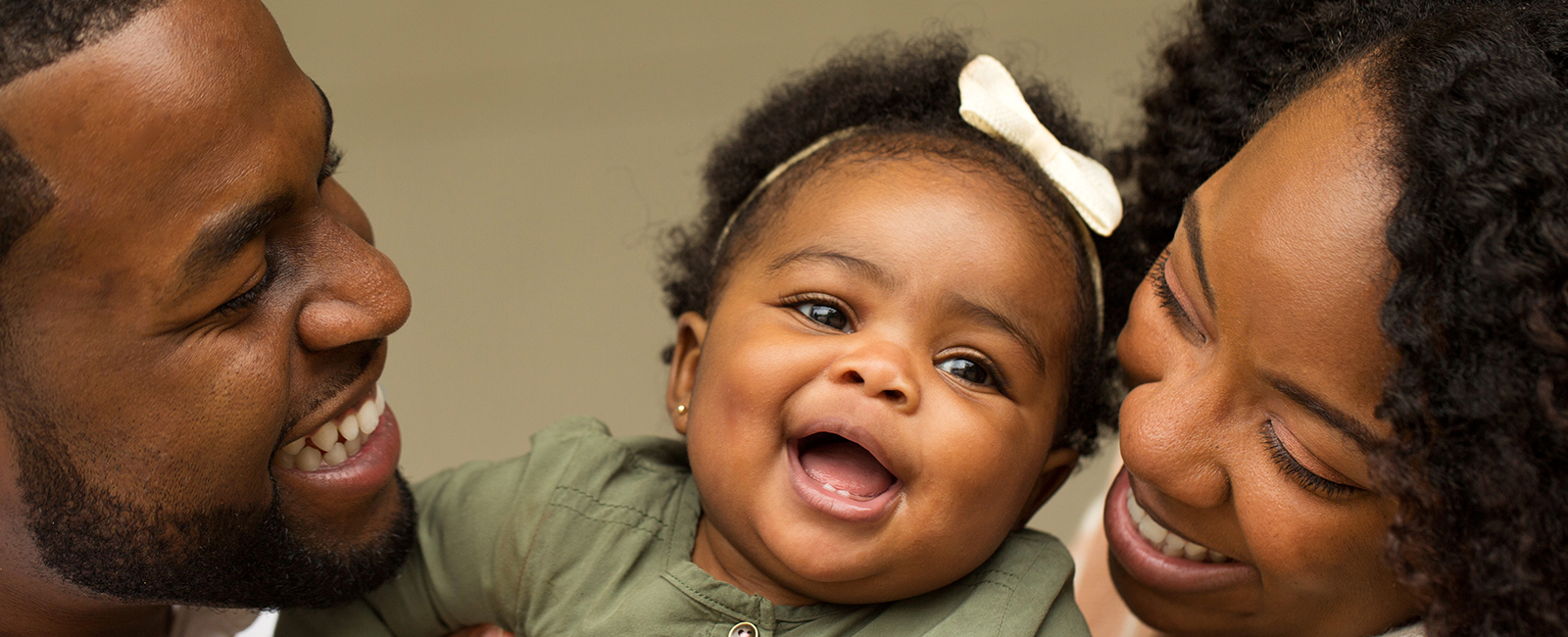Ways You Can Help Prevent Human Trafficking in Northern Virginia
Human trafficking is a form of modern-day slavery where people profit from the control and exploitation of others, and is one of the fastest growing criminal enterprises in the country. There are two main types of trafficking that occur: sex trafficking and labor trafficking. The majority of victims are adults, but according to the United Nations, child victims have risen from 20 percent of victims to 27 percent between 2003 and 2010.
These numbers are difficult to accurately record, however, in part because many human trafficking victims do not always self-identify as victims or don’t think they qualify as a victim because the trafficking coincides with other activities, such as smuggling. Northern Virginia Family Service (NVFS) proactively screens for human trafficking victims through services at its Multicultural Center to ensure they receive the support and protection they need to end trafficking, address the effects and ensure a safer, healthier future. This includes not only legal representation, but also wraparound case management and mental health services.
“As an agency, we are committed to providing the range of holistic services that adult and youth trafficking survivors need in order to recover in an accessible and culturally appropriate manner,” says Director of Multicultural Center and Youth Initiatives Meredith McKeen.
The victims NVFS works with are predominantly involved in labor trafficking, which may occur in the United States and/or during their journey to the United States. NVFS also participates in partnerships and trainings to educate other organizations on trafficking and how to help identify potential trafficking victims.
“NVFS has a consistent history providing services to immigrant trafficking survivors through a number of our programs including the Multicultural Case Management for Trafficking Survivors program; through several of our Youth Initiatives programs; and through our Immigration Legal Services,” McKeen adds.
NVFS is uniquely positioned to help identify victims; not only does it provide the specific support these individuals need, but its basic resource offerings in other program areas attract clients who may not realize they are victims. By proactively screening for signs of human trafficking during initial consults in its programs, NVFS can help victims recognize they’ve been involved in trafficking and help them begin to grapple with the issues surrounding it.
So how can you help?
Office on Trafficking in Persons (OTIP) created a list of 10 Ways You Can Help End Trafficking, sharing ways you can spot the signs of trafficking, as well as resources to contact if you know someone involved.
Human trafficking is an issue in every single state in the U.S. If you know of someone involved or are looking for more ways to help your community end trafficking, please call 888.373.7888.


